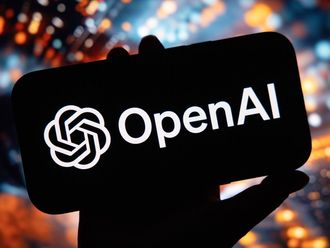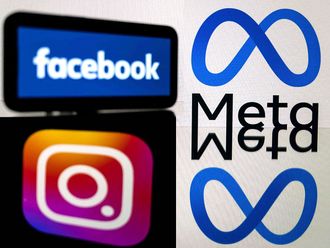Washington: When someone as influential as Sen. John D. Rockefeller IV requests your presence at a hearing, Washington insiders know it's more of a summons than an invitation.
So for two hours on the morning of April 29, Microsoft, Facebook, the Federal Trade Commission, and experts from academia, think tanks and privacy groups dutifully came to answer questions about children's online privacy.
But another invitee, Google, the biggest online company of all, was a no-show.
Over the past year, Google's critics have expressed concern about the company's growing influence in Washington - its close ties to the Obama administration and the millions it spends on lobbying. Last week, the nation's deputy chief technology officer, Andrew McLaughlin, was reprimanded for continuing to e-mail with his former Google colleagues about issues related to his White House duties.
On the ground in the nation's capital, though, Google's reputation is more that of a scatterbrained graduate student than of a political operative.
Google, a once-scrappy Silicon Valley search company that is valued at more than $150 billion, is building an unconventional presence in Washington, with connections to think tanks, education sessions on high-tech issues for legislative staff members and charitable efforts on behalf of high-profile causes.
The company's approach focuses on making smart arguments and the view that those who disagree don't have all the facts. Google employees tend to hand out thick white papers or academic studies. Although they try to put in face time at events such as hearings, cocktail receptions and baseball games, it is usually not to the extent that more traditional lobbyists do, say government officials, legislative staffers, trade groups and competitors.
"We believe that with good information you can make good decisions. D.C. certainly has its own set of rules, but a data-driven approach has served us well," said Mistique Cano, a District of Columbia-based spokeswoman for Google.
Ralph Hellman, chief lobbyist for the Information Technology Industry Council, a Washington trade group, describes it as "viral lobbying." But he said that strategy hasn't always been effective: "They like to make the intellectual argument, but that can only get you so far."
Google declined to comment on Rockefeller's hearing last month. Whether its no-show was an honest oversight, an effort to avoid public questioning at a sensitive time or a deliberate slight, the senator was not pleased.
"It was a stupid mistake for them not to show up, and I say shame on them," Rockefeller said at the hearing.
Although Apple, the Silicon Valley computer maker, also declined to accept Rockefeller's request, its presence in Washington has been limited and it doesn't need friends in Washington as desperately as Google does.
Google built its $23.7 billion-a-year online advertising empire on the public trust engendered by its maverick, environmentally conscious "do no evil" PhD founders.











